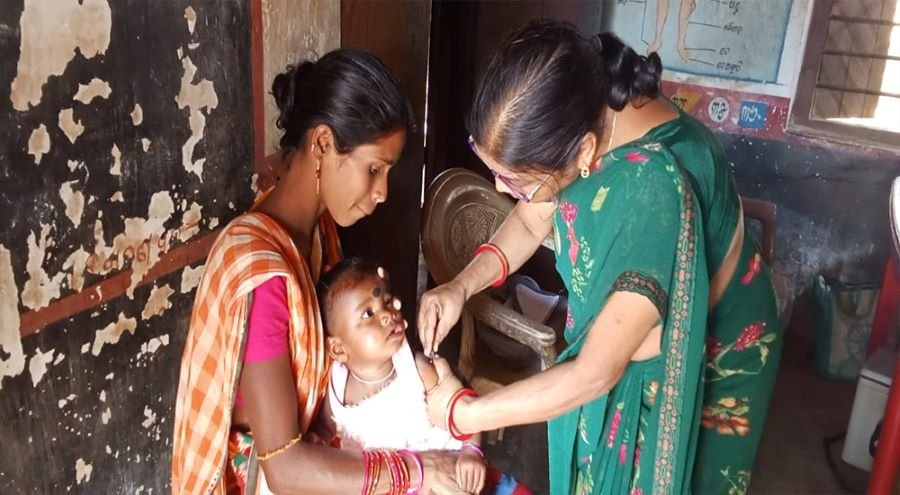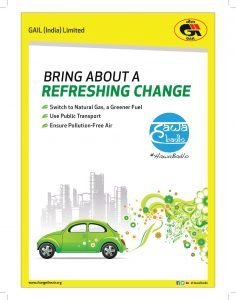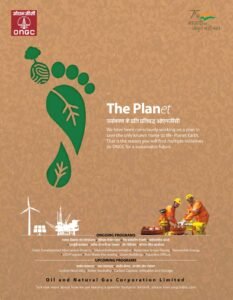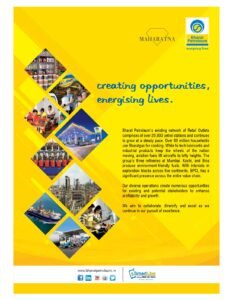News Update/ Press Release
PepsiCo Along with Partners Provides Access to Safe Water To More Than 55 million people globally
March 18, 2021, India – PepsiCo, Inc. (NASDAQ:PEP) and The PepsiCo Foundation announced today that the company has helped more than 55 million people gain access to safe water globally since 2006 and out of this, 50% beneficiaries i.e. over 27 million people are from India. The Foundation also catalyzed nearly $700 million in additional funding over the same period which included over USD 22 million investment in India to partner with multiple organizations like Water.org, Safe Water Network & WaterAid to help provide safe water access to marginalized communities. The milestone announced today marks significant progress towards PepsiCo’s goal of reaching 100 million people globally with safe water access by 2030.

PepsiCo Foundation has also partnered with Safe Water Network to launch a community program in and around Hyderabad to install community water access points, increase WASH (water, sanitation, and hygiene) education in schools, and build best practices for the community water sector.
According to Ahmed ElSheikh, President, PepsiCo India “As part of its ‘Winning with Purpose’ vision, PepsiCo through its Foundation has actively been working towards bringing sustainable safe water access to underserved communities. In India specifically, PepsiCo has been helping communities to effectively conserve, manage, and distribute water for more than a decade through innovative practices like direct seeding, drip irrigation, and community water recharge interventions. PepsiCo India is also fully aligned to the Government’s ‘Jal Jeevan Mission’ and the company’s philanthropic arm has committed an additional $3 million last year towards positively impacting another 2,00,000 farming communities in West Bengal and Maharashtra through sustainable safe water access interventions.”
The world is currently in the midst of a water crisis – 1 in 10 people lack access to safe drinking water and up to 700 million people are projected to be displaced by intense water insecurity as early as 2030.
Recent milestones of PepsiCo Foundation & Water Aid safe water access program in India.
PepsiCo Foundation’s project with WaterAid in South India-Nelamangala, Palakkad and Sricity crossed a milestone of benefiting over 2,70,000 people through interventions in those districts and have enabled harvesting of over 160 million litres of water through rain water harvesting and recharging of over 2300 million litres of groundwater by year end 2020.
The need for rapid intervention in current times has grown even more dire with COVID-19 pandemic hitting us. Currently, around 1.8 billion people are at heightened risk of COVID-19 and other diseases because they use or work in healthcare facilities without basic water services, and the pandemic has also exacerbated the barriers to safe water access that have hurt communities for decades. For example, more than two billion people currently get their water from communal wells – a necessity, because adequate infrastructure is lacking, but one that puts individuals at greater risk of contracting the virus because they must come in close proximity to others when collecting their water.
Increasing access to safe water is part of PepsiCo’s focus on continuing to integrate purpose into its business strategy and brands to become PepsiCo Positive – to deliver better outcomes for people and the planet, whilst enabling it to be a faster-growing and more resilient company.






























